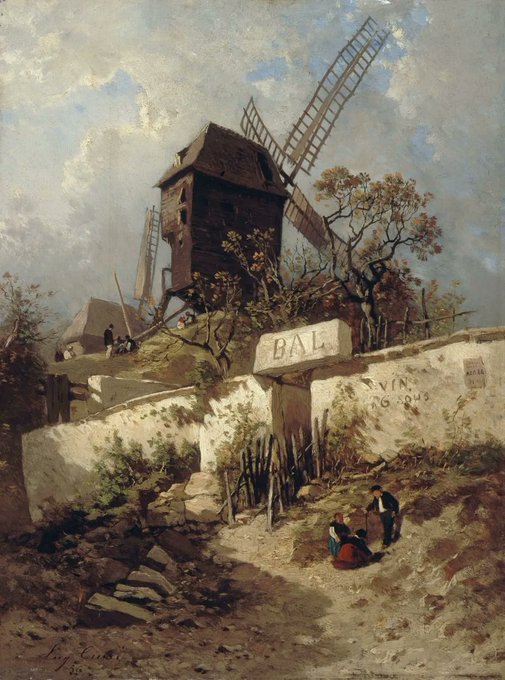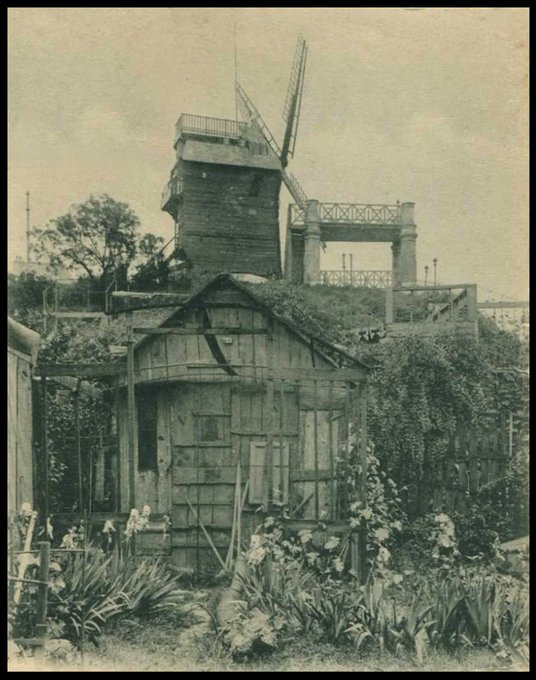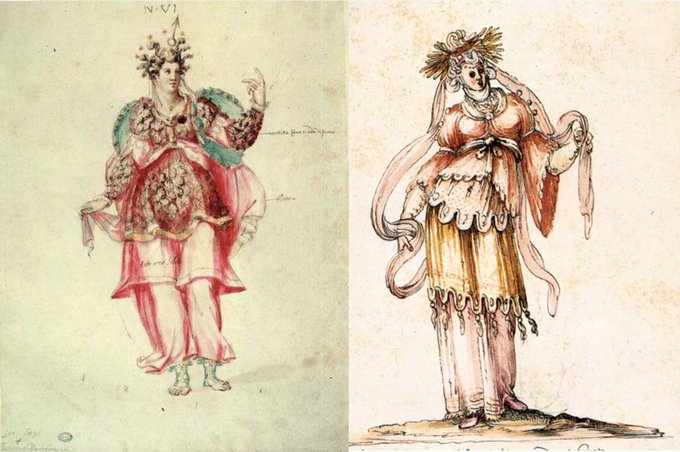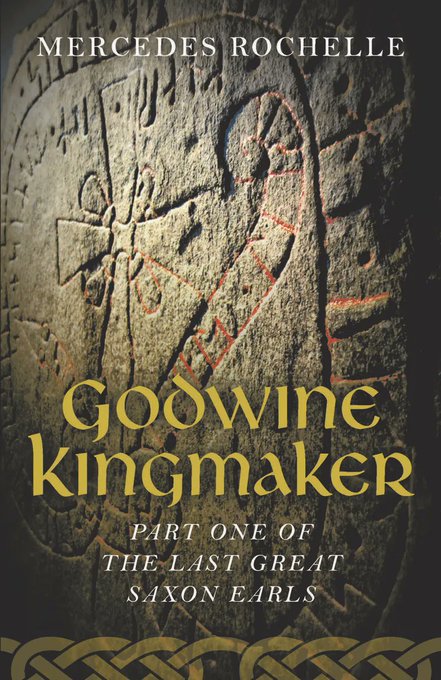Postcards from the Last Windmill in Paris : https://t.co/hOFRGn4RY9
There was No Business like Show Business in Ye Olde English Royal Court: the 16th century saw the rise of the masque, a form of amateur dramatic entertainment, popular among the nobility to entertain themselves until it became a legitimate art form. https://t.co/8qBF1Nsthg
Duncan was not killed in his bed by Macbeth: Shakespeare told some great stories, but historians will agree that real history often gets buried beneath the great Bard’s verses. https://t.co/TfN3kpD9Qw
The Poison Keeper: Guest Post by Deborah Swift @swiftstory: The Antidote to 17th Century Poison https://t.co/3a1RGgmUtF
Where, Oh Where Has Tostig Gone? I would imagine that Tostig was shocked by the king’s death, but was he shocked also to learn that Harold took the crown? Did this alter his plans any, or did he always intend to force his way back? https://t.co/gFx5b3H0dA
The Anarchy, Guest Post by @TraceyWarr1: King Henry I may well hold the record for the highest number of illegitimate children (24) including at least nine sons (one of them with my heroine, Nest ferch Rhys) https://t.co/FSW7mMfh8P
The almost forgotten Edith of Wessex, Queen of England: She was a very important pawn in her father’s ambitions, and I imagine Godwine didn’t even consider that she would object to becoming queen of England. https://t.co/J5YihRfWJi
Marrying for love: Edward IV and Elizabeth Woodville
https://t.co/Z0hEB6ttmq
I loved this Fictional History of "The Usurper King (The Plantagenet Legacy Book 3)"
says @wordrefiner.
My review: https://t.co/kahQZHHIdR This is her best book yet! Fictional History needs to be a new sub-genre.
Return of Earl Godwine, 1052: Earl Godwine may have had a humiliating experience finding himself exiled in the fall of 1051, but by many accounts his absence made the Saxons appreciate him like never before. https://t.co/hDqGYhpTrA /


















